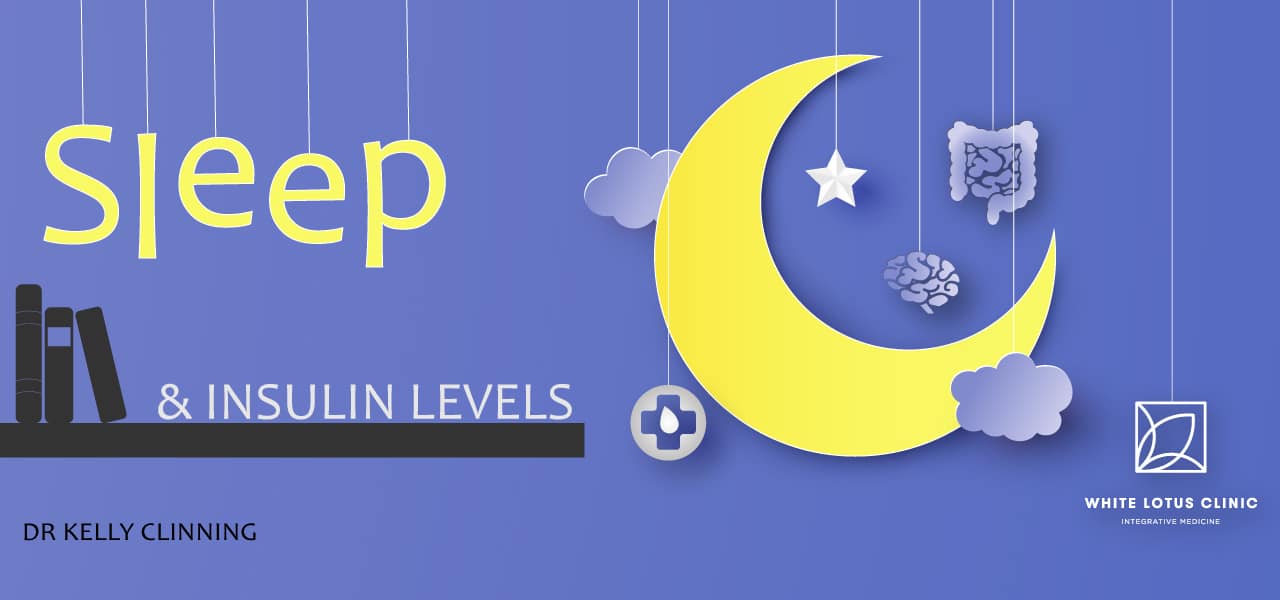How Sleep Impacts Insulin Levels and Metabolism
Every time we eat, we release insulin into our bodies. This hormone’s main role is to move sugar from our circulatory system into our cells, making it an anabolic hormone; or a hormone that builds. In states of insulin resistance, seen frequently in overweight people and women with PCOS, insulin levels are chronically high. This is validated frequently in our Toronto clinic when treating PCOS naturally.
As a result, these chronically high insulin levels leave the body in longer “insulin storage” periods. This makes it easier to put on weight, and much harder to lose it.
The best way to reduce insulin levels to support a healthy weight is to make dietary changes. Primarily, this means eating foods that don’t spike insulin. Learn more about these types of foods in Dr. Fiona’s blog here.
In addition to dietary changes, some people can benefit from specific supplements. Here are three top supplements for insulin resistance if you’d like to read more.
Some individuals hit a plateau in their weight loss goals despite eating the right foods and taking the right supplements. As you can imagine, this can be incredibly frustrating! In these individuals, looking at the importance of sleep in regulating insulin levels and metabolic function can be the missing ingredient in their weight loss journey.

Sleep and Metabolic Hormones
Sleep is when the mind and body heal, repairing any physical damage received throughout the day. It’s a deeply restorative process that’s essential for the brain, as well as the entire body’s health and wellbeing1. In addition, sleep is also critical for metabolic hormones to reset. Research shows that a lack of sleep (<6h/night) can have the following impact on metabolic hormones1:
- Decreased insulin sensitivity and blood sugar control
- Increased ghrelin levels; the “hunger hormone” that stimulates appetite
- Reduced levels of leptin; a hormone that tells the brain that you have enough energy stored and contributes to feeling satiated
- Increased evening cortisol concentrations
Additionally, sleep restriction can lead to higher blood pressure, increased inflammation, and higher cholesterol levels1!

Sleep Restriction and Weight Control
Research shows that sleep restriction isn’t just correlated to changes in metabolic hormones, but also in eating-related human behaviours.
One study shows that men who restricted their sleep to 4h for a single night increased their total caloric intake by 22% the following day. This is compared to men who got 8 hours of sleep2! This same study found that restricted sleep men felt increased hunger before breakfast and dinner2.
Evidence also suggests that restricted sleep could lead to eating more frequent, smaller, energy-dense meals at night2. Eating frequently in this manner can worsen insulin resistance.
As you can guess based on the above, sleep restriction seems to be correlated with weight gain. In fact, less than 6 hours a night is associated with a 45% increased risk of obesity compared to normal sleep duration3.
If you’ve hit a plateau with your weight loss journey, getting proper sleep may be the missing piece of the puzzle!
Key Takeaways About Sleep and Insulin Levels
- Restricted sleep has a negative impact on hormones that regulate metabolism
- A single night of improper sleep can lead to increased caloric intake the following day, and may change the type and frequency of meals we consume
- Getting less than 6 hours of sleep a night has been associated with a 45% increased risk of obesity, compared to normal sleep duration
Next Steps
If you’re interested in learning more about how sleep impacts health overall, check out the book Why We Sleep. It’s a very interesting resource!
If you’re struggling with insulin resistance, we have many detailed articles focused on insulin resistance, including what it is, how to test insulin resistance, and how diet impacts insulin levels.
And of course, if you’re in Ontario or the greater Toronto area and are ready to get a naturopathic perspective, you can book an appointment with one of our Naturopathic Doctors at the White Lotus clinic here.




